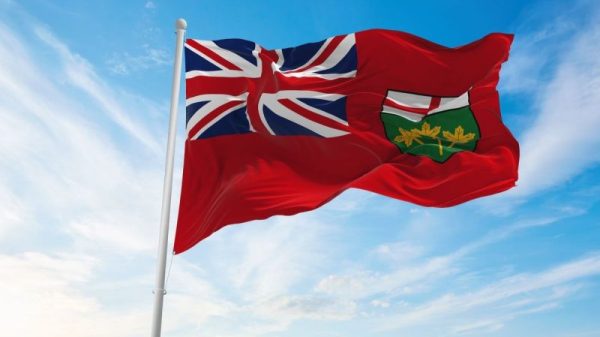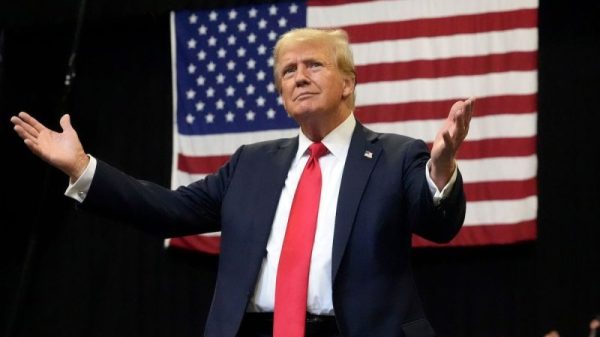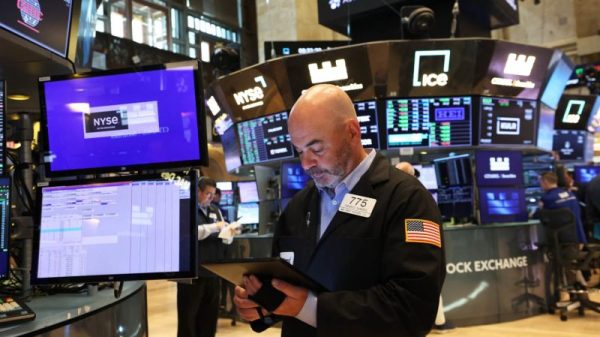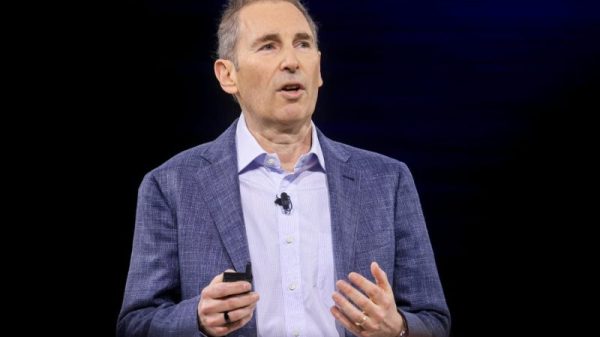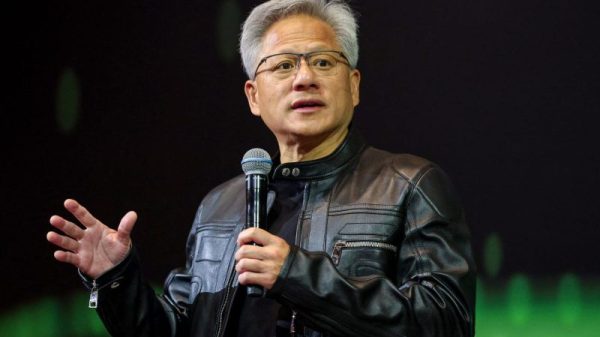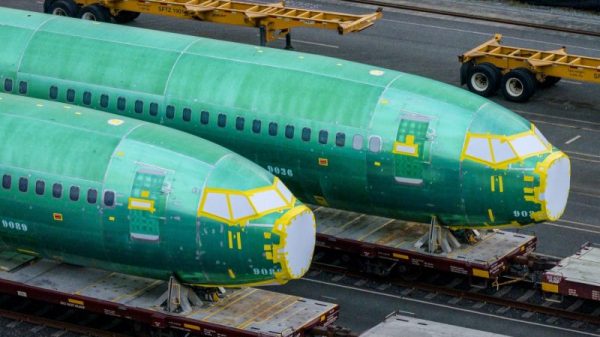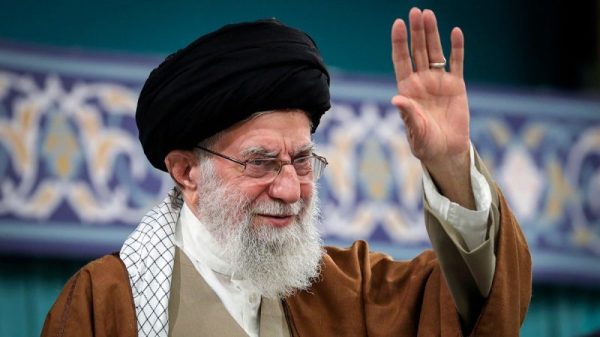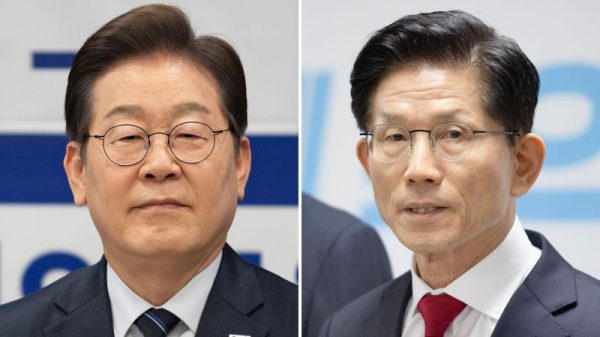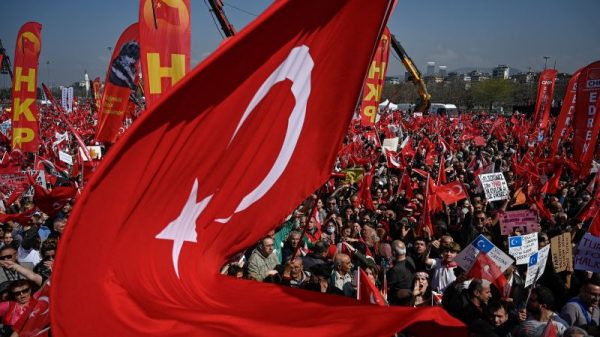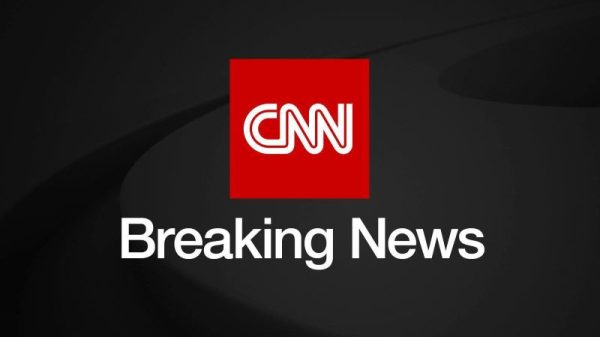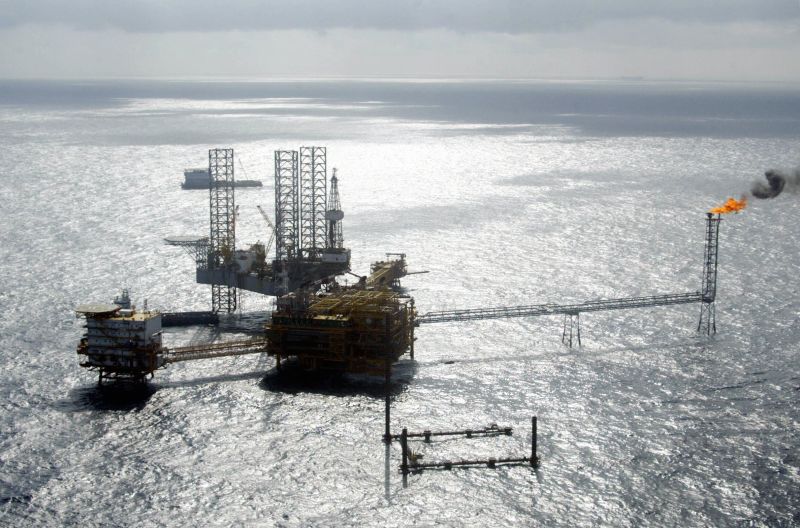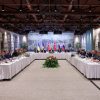Nigeria’s government is celebrating a “landmark victory” after a UK court ruled it was not liable for a multibillion-dollar payout earlier awarded to a private firm over a failed gas project.
The West African nation was previously ordered by an arbitration tribunal in 2017 to pay $6.6 billion, plus interest in damages to a British Virgin Islands-based engineering firm, Process and Industrial Developments Limited (P&ID).
The company had sued for compensation over lost profits following the collapse of a 20-year deal with Nigerian authorities in 2010 to build a gas processing facility.
The awarded sum and accumulated interest had now exceeded $11 billion, nearly half of Nigeria’s federal budget for this year.
If upheld by the London court, the tribunal’s $11 billion payout to P&ID would have taken a devastating toll on Nigeria’s already struggling economy, which owes billions of dollars in debt and grapples with high inflation and a cost-of-living crisis.
What went wrong?
Disagreements after both parties blamed each other for defaulting on obligations led to the failed deal and sparked a lengthy legal battle.
Lawyers for the Nigerian government had argued that P&ID induced the country’s officials with bribes for the contract to be awarded to the firm. P&ID denied this allegation.
Delivering judgment on Monday, Judge Robin Knowles set aside the earlier ruling by the tribunal and concluded that the gas deal was “obtained by fraud” and “procured … contrary to public policy.”
Knowles added: “This case has also, sadly, brought together a combination of examples of what some individuals will do for money. Driven by greed and prepared to use corruption; giving no thought to what their enrichment would mean in terms of harm for others.”
Nigeria’s Attorney General Lateef Fagbemi told state media after the ruling that the deal with the P&ID did not follow due process.
“The purported agreement by P&ID was conceived, nurtured, and executed purportedly in fraud,” he said, adding that the Nigerian government had been under pressure to reach a settlement prior to Monday’s ruling.
“There was so much pressure to settle … but the president insisted he was not going to allow corruption any place in his administration … and his insistence on this has proven him right.”
Nigeria’s President Bola Tinubu welcomed Knowles’ ruling, describing it as a “landmark victory” that “is not for Nigeria alone” but “for our long exploited continent and for the developing world at large, which has for too long been on the receiving end of unjust economic malpractice and overt exploitation.”



